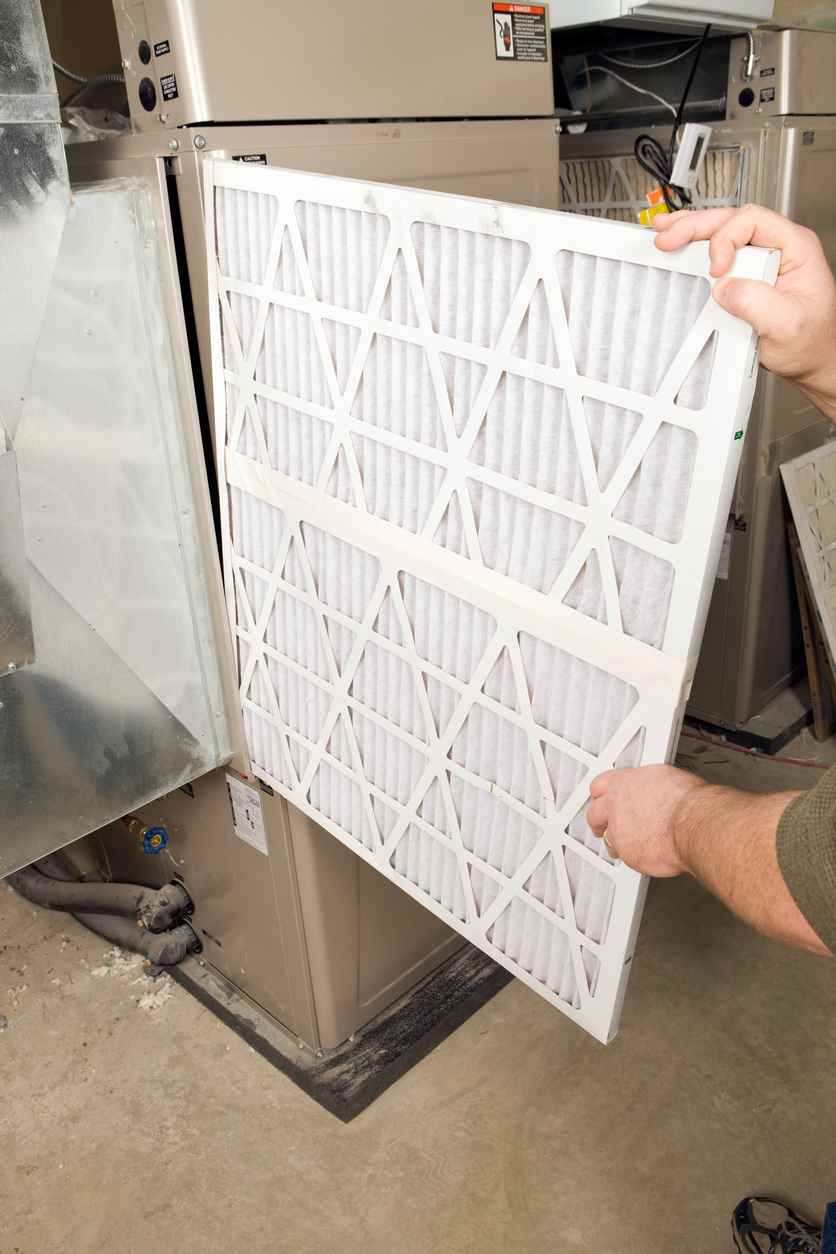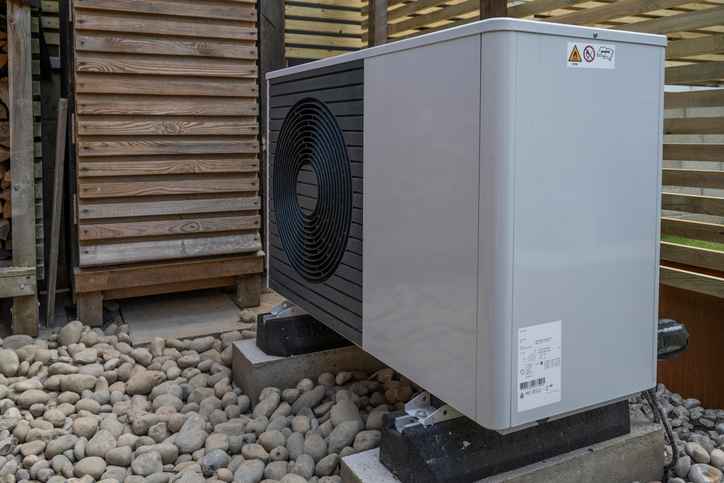4.8 Google Rating
Natural Gas vs. Propane
How Are Natural Gas and Propane Different?
When someone hears the term “natural gas”, they often classify as a separate gas and energy source completely. While this is partially true, natural gas is also made up of several types of gas. One of these gases happens to include propane. Some people tend to use natural gas while others use propane. But what exactly makes these two different?
Continue reading to learn the differences between natural gas and propane.
The Difference in Cost
Before getting into this difference, it’s important that you know that the cost of both these gases depends on where you live. Some areas, like here in Colorado, have cheaper prices for natural gases whereas areas such as Utah has cheaper prices for propane. Both sources of fuel are considered a cheaper alternative to electricity.
Having a propane tank installed is often cheaper than a natural gas line, but you’ll have to replace it a lot. Natural gas lines are more expensive, but they’re worth the investment because it can help drastically lower your utility bills.
The Difference in Environmental Impact
Natural gas and propane each have their own effect on the environment. Natural gas, for example, is classified as a greenhouse gas. Greenhouse gases are very dangerous to breathe in. However, with the way natural gas is burned, people generally have nothing to worry about unless they breathe it indirectly. If breathed in, it can cause many health issues like headaches and hypoxia.
Propane, on the other hand, is not a greenhouse gas. But it does end up creating them when it’s burned. If allowed to leak, propane may be the most dangerous of the two as it is odorless and lingers on the floor. It can end up causing respiratory issues if it’s breathed in. Regardless of what gas you choose, you must always be diligent and routinely check for leaks.
The Difference in Efficiency
The efficiency of both propane and natural gas depends on what your needs are. Propane is heavier than natural gas and takes longer to dissipate into the air, but it’s much more energy-efficient. Natural gas is somewhat lighter than propane, dissipates quickly and is cheaper, but you can’t buy it separately.
Despite these differences, both propane and natural gas are very useful fossil fuels. There isn’t really a “better choice” when it comes to determining which is more useful. However, if you have more questions on which source is best for your home, contact our professionals at AAA Service today. We can give you quotes and help make your decision easier. Call Now 303-313-3333 .





